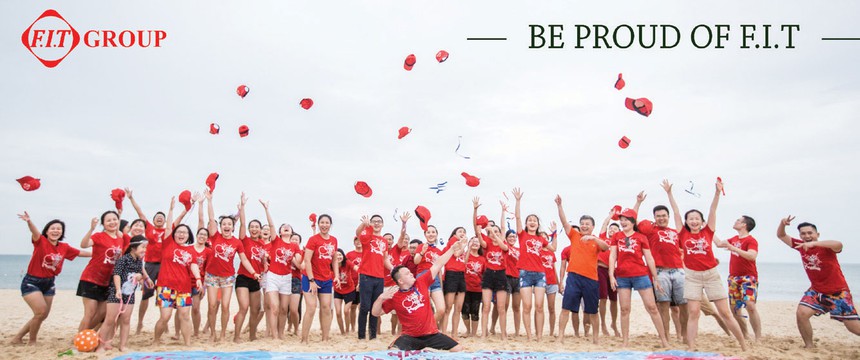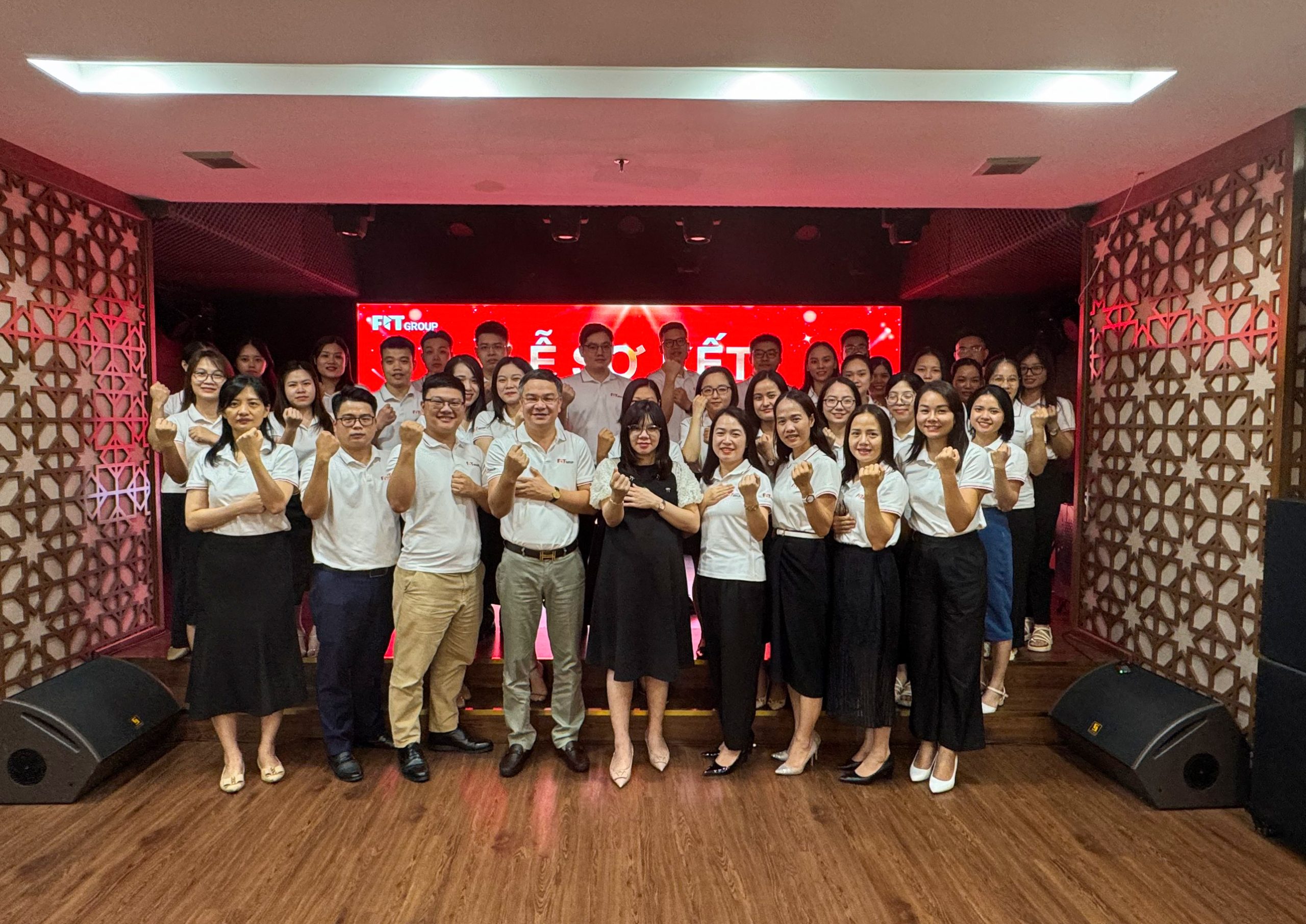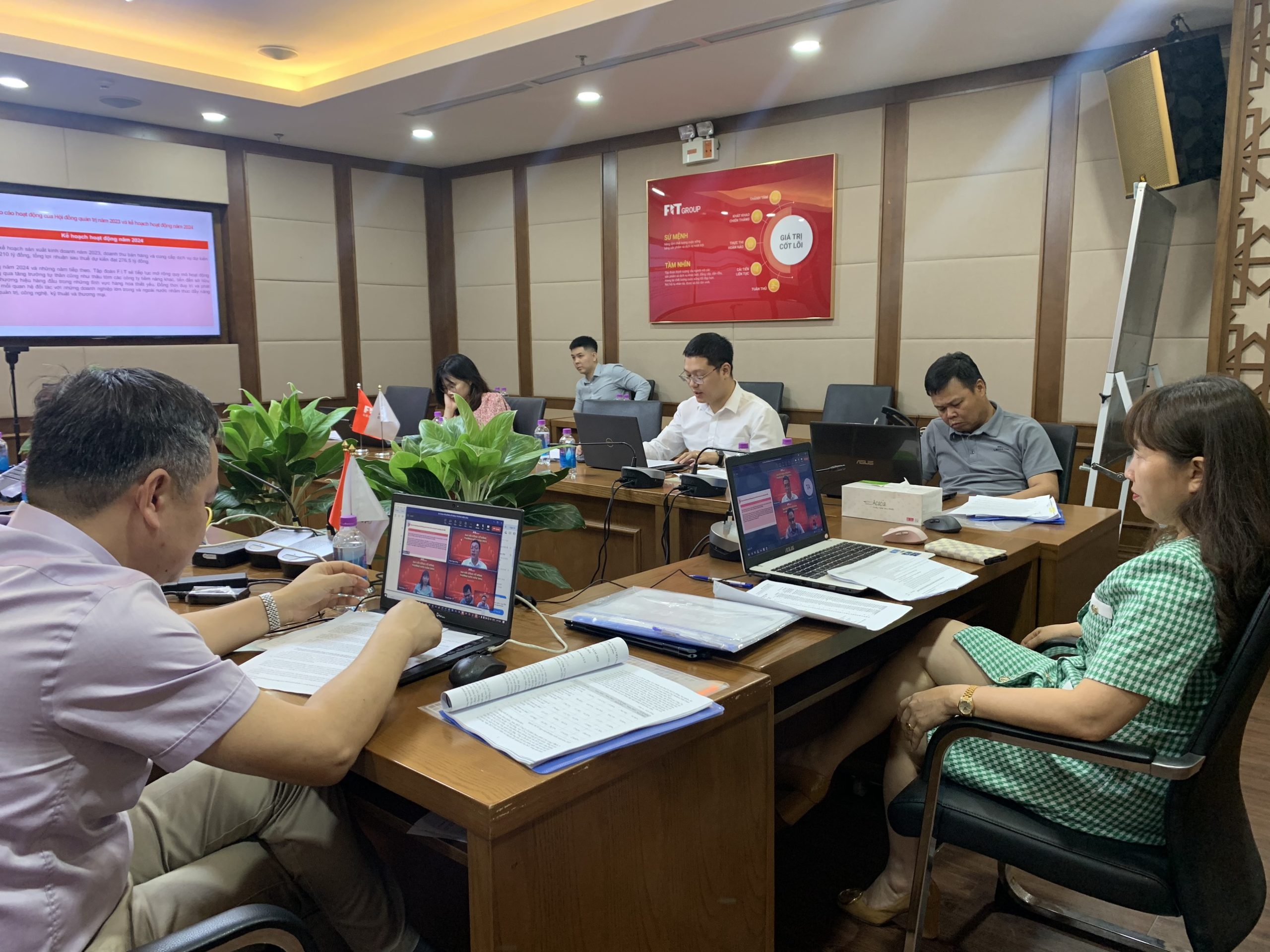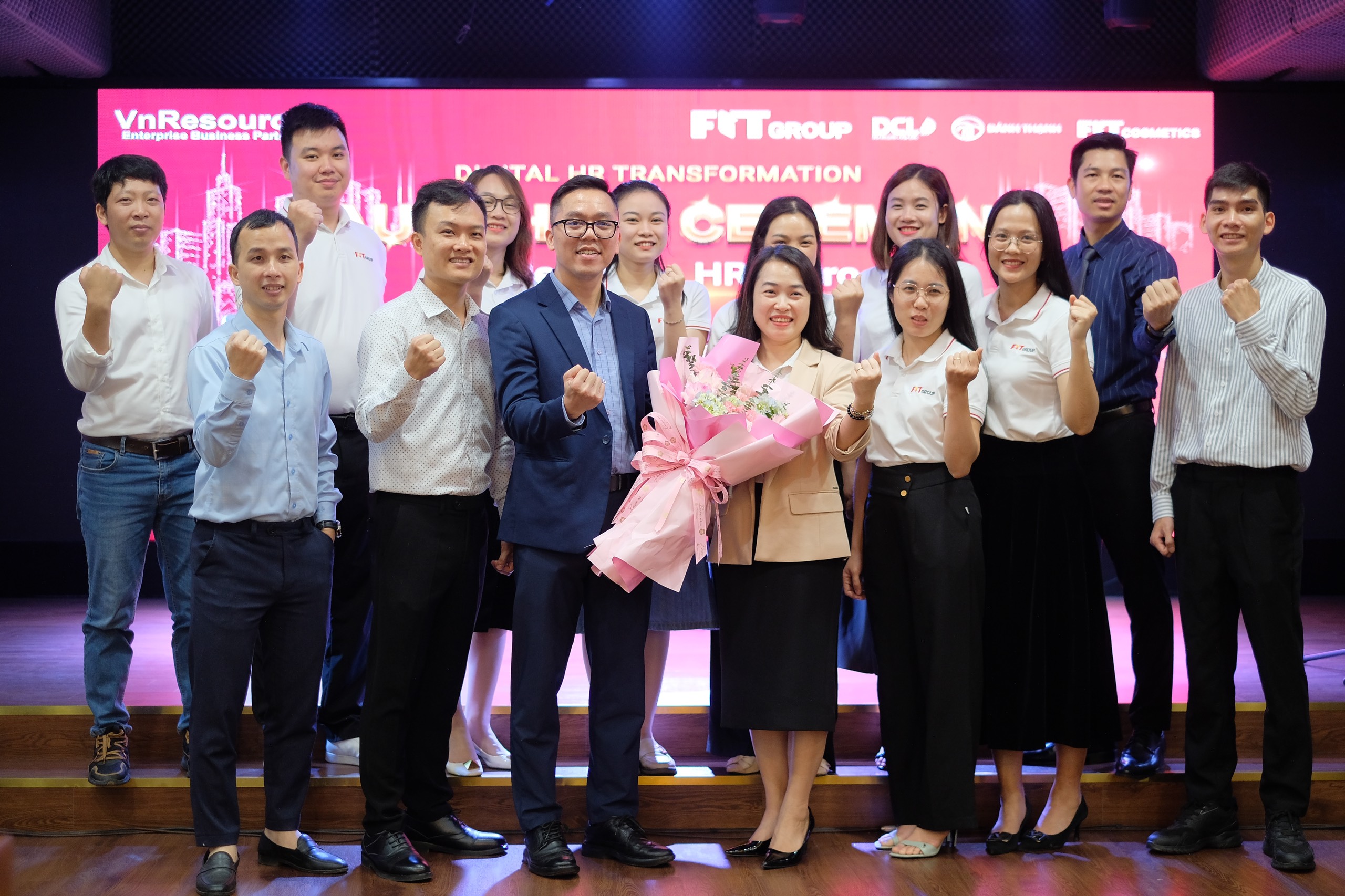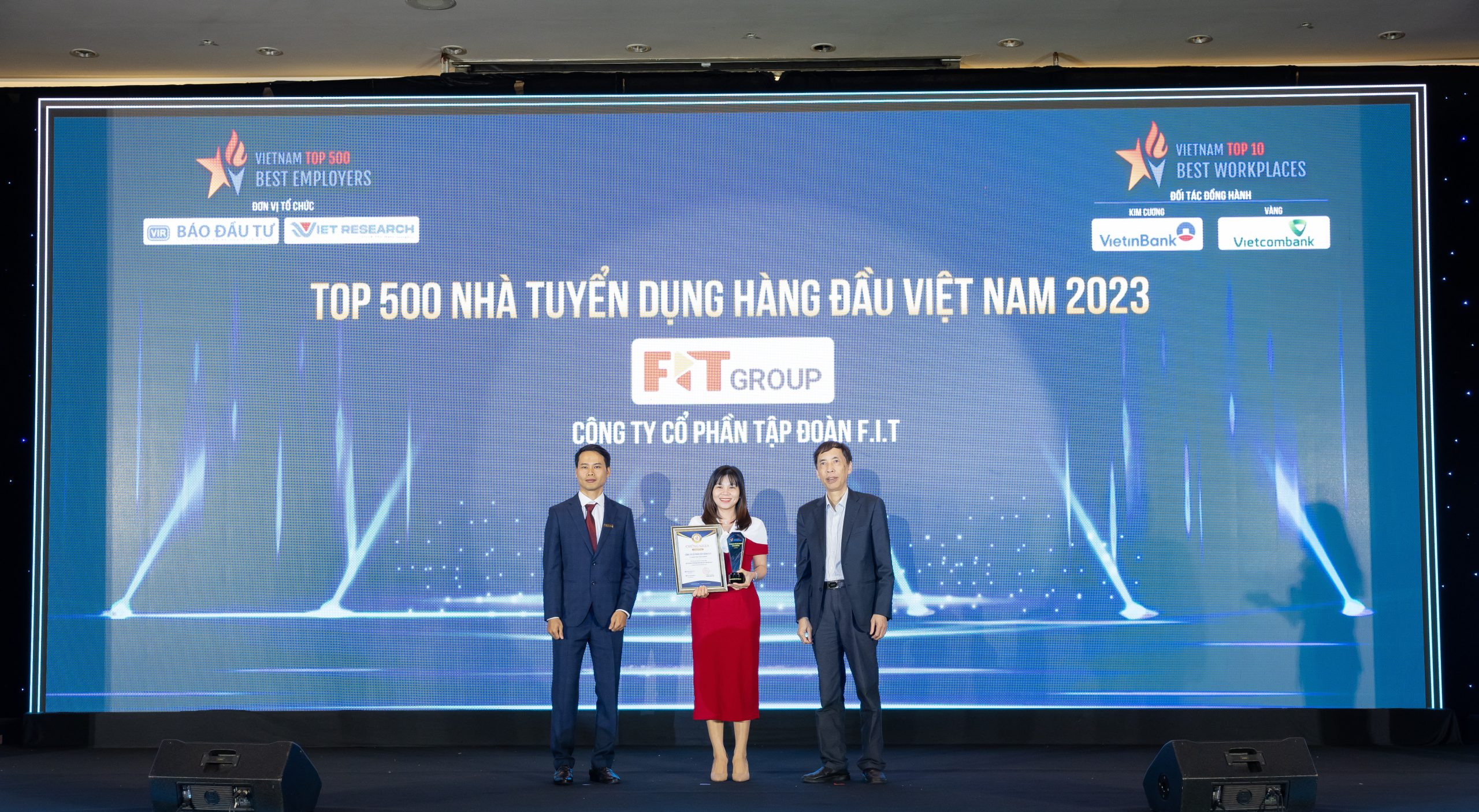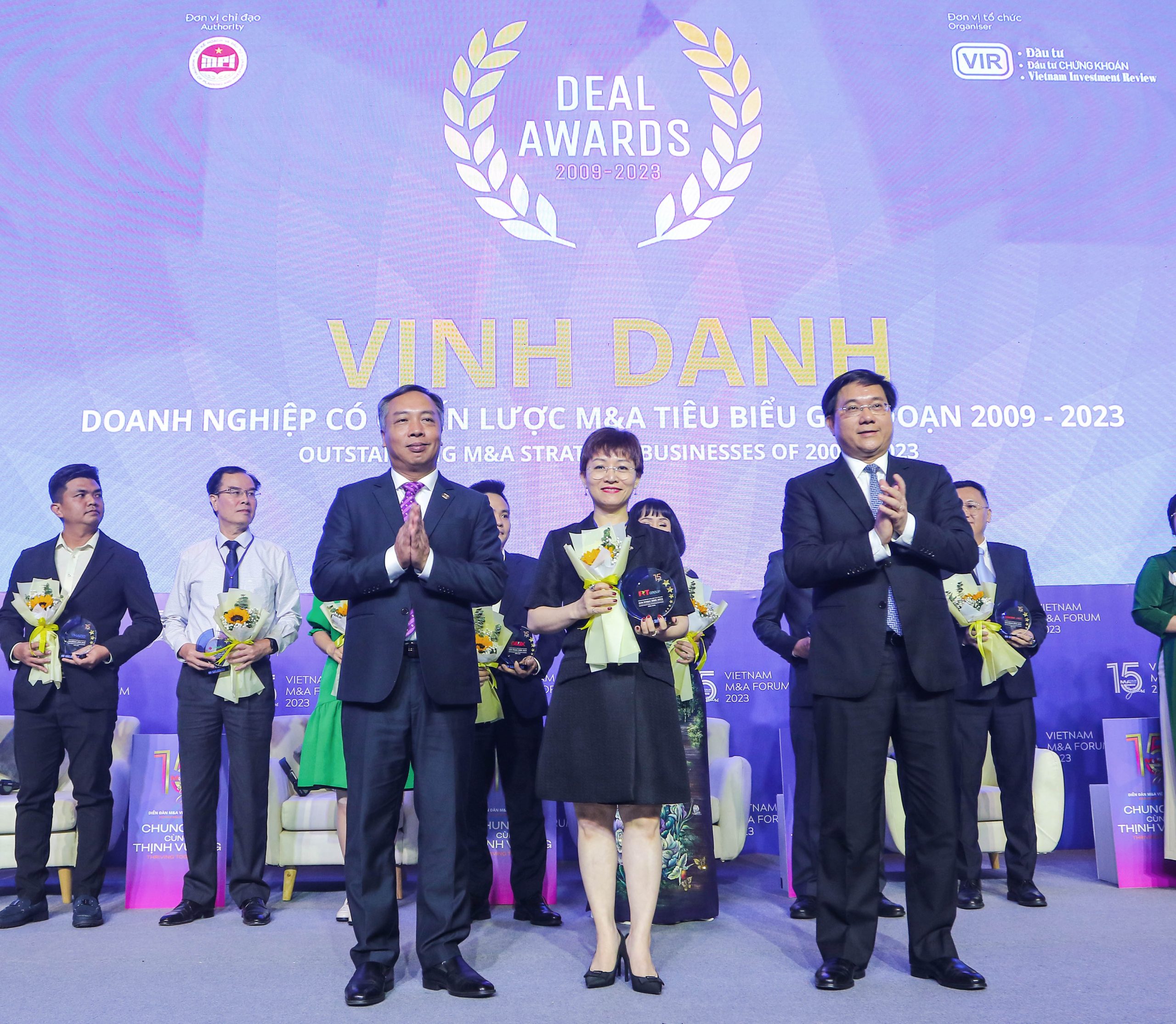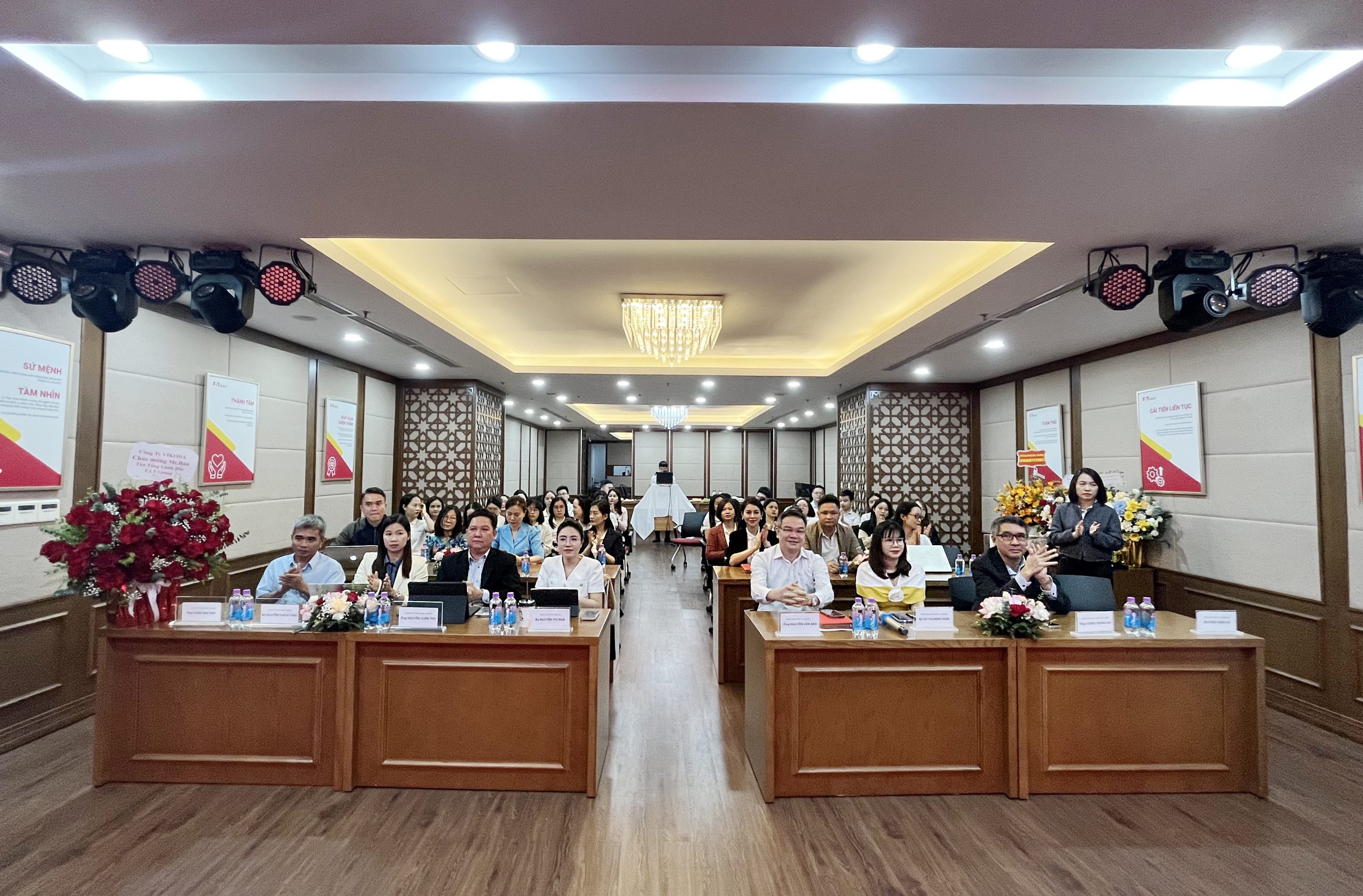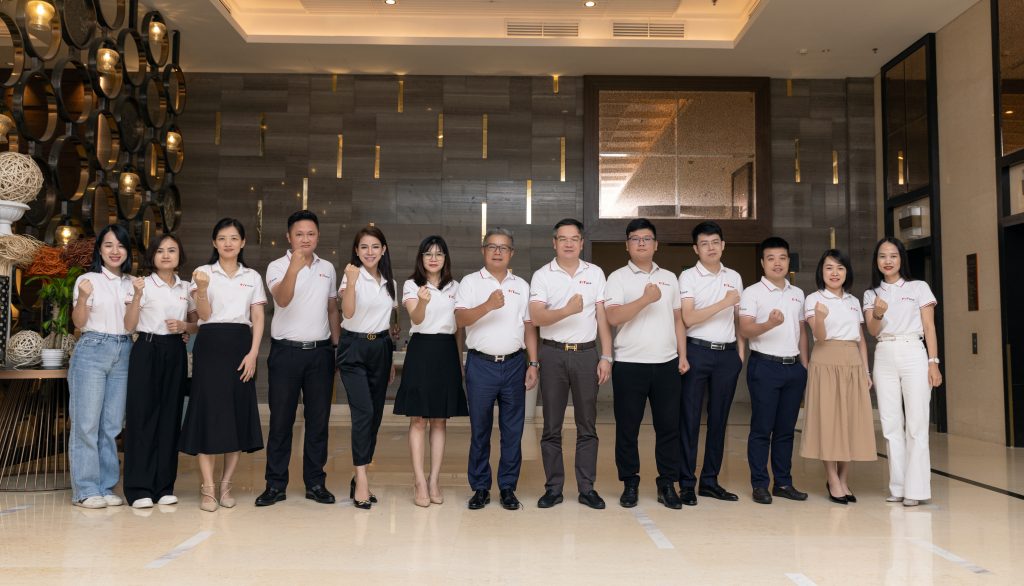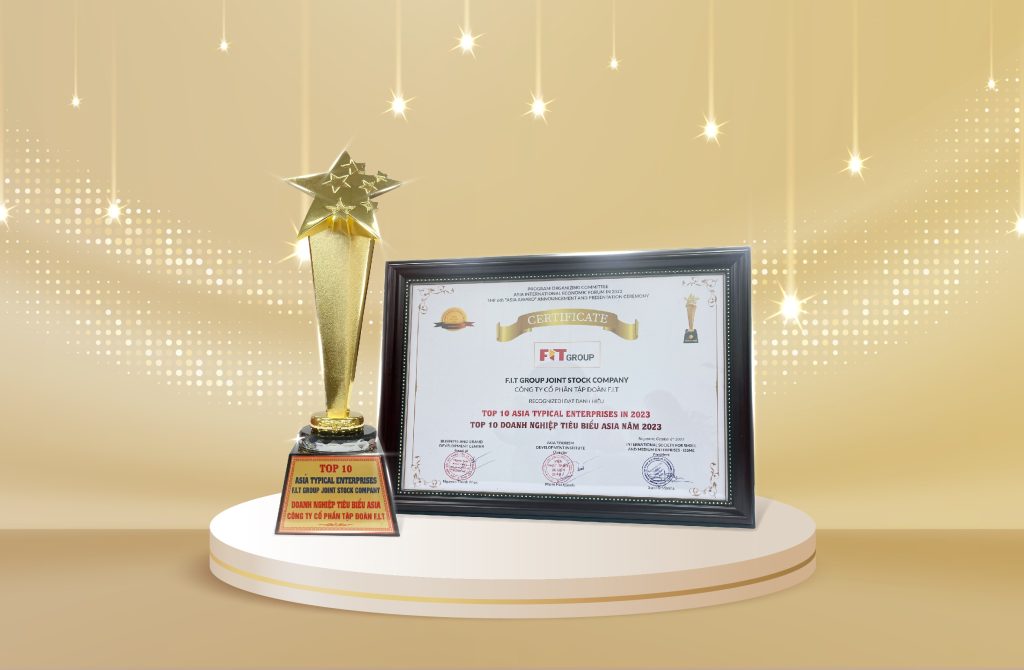(DTCK) Back to the time when arranging to be listed 7 years ago, FIT just started entering the real economy by investing in two small companies in the consumer goods sector, which are Minh Hao and Sao Nam. That day, mentioning FIT, investors immediately have a thought of a company operating mainly in the field of investment consulting and financial services, and also well-known as a stock distributor, specializing in liquidity of the OTC market.
Expanding
Seven years later, the image of a small FIT company with a charter capital of 300 billion dong has been replaced by a multidisciplinary corporation with an equity of more than 4,000 billion dong. The activities of FIT’s subsidiaries and affiliates are diverse yet focus on the strengths of the Vietnamese economy, of which brands and products own long-term tradition and foothold in the market. In particular, in the pharmaceutical sector is Cuu Long Pharmaceutical – a renown long-standing name in the industry which is always in the leading group in capsule production, either Benovas Medical Device – a new joint venture company oriented towards high-tech medical equipment. There is a Westfood in the food sector with products that meet the strict requirements of the US, Japanese and European markets. Then again in the range of fast-moving consumer goods, a brand name Dinh Thanh mineral water owns a rare high pH level in Vietnam that can help limit the chances of getting cancer due to the acid neutralizing effect, especially for those who drink beer on regular basis.
Not to mention the agricultural sector besides Can Tho agricultural technical materials and the real estate sector with the recent Mui Dinh Ecopark resort real estate project that received a very prestigious Cityscape award in the industry. The transformation of FIT is not an all-pink process. The seven years since listing can be divided into two strategic phases. From 2013 to 2017 is the period when FIT focuses on realizing the dream of becoming a multidisciplinary corporation through acquisitions.
Although FIT’s leadership has indeed acquired good assets, the acquisition and management after the acquisition is not an easy task. The good assets such as Cuu Long Pharmaceutical, TSC, Vikoda or Euvipharm are at risk of becoming a burden because business activities are not going smoothly as expected.
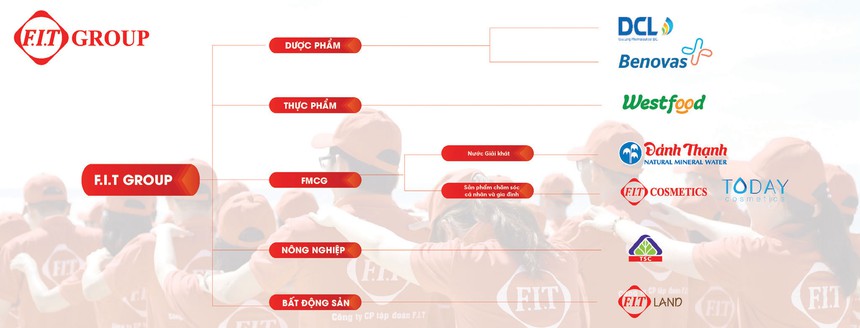
Reconstruct
In that situation, FIT was completely able to choose a simple strategy that most of other businesses would do – that is to find solutions to boost business based on existing platforms. Yet FIT leaders have chosen a more difficult and tougher path – to restructure the entire operations of the business segments.
That option marks the second phase of the post-listing period, started from 2018, in which in subsequent investor newsletters, the Group’s leaders have used phrases like “re structure “,” restructuring “,” focus on performance “… as a guideline for activity in this period.
Owning the target of efficient and sustainable development, FIT’s comprehensive restructuring begins with the elimination of underperforming assets and rearrangement of well-performing assets based on the price principle of the group’s resonance value, plus investing in new technologies and appropriate new assets.
A prime example of this process is the divestment of Euvipharm, a subsidiary of Cuu Long Pharmaceutical to a Korean partner at the end of 2019, even though the company was acquired during the expansion period through acquisition.
The profitable sale of Euvipharm proves the assets during the acquisition are good assets, at the same time helps the Group possess more financial resources to build and expand capsule factories No. 3 and 4 capital which is Cuu Long Pharmaceutical’s strength, investing in high-tech medical equipment factory with GMP standard as well as investing in new machinery and equipment for research and development (R&D) activities.
The restructuring process has also witnessed variations in strategic vision in operations of the business segments. For example, as Westfood is fully aware of the importance of raw materials, the Group has oriented the development of raw materials as a link in the Company’s operating chain, thereby simultaneously invested in research and development for testing new agricultural varieties, for example the new pineapple variety MD2 to improve the initiative in raw materials. Or else as Vikoda, the Group has oriented to cut off product lines with low profit margins, and focus on products with high added value.
Due to the specificity of the product line, apart from spending on modern technology and machinery to exploit clean mineral water, the focal point is on changing consumer habits towards protecting the environment with mineral water grass bottles instead of plastic bottles, which is not only create new high-end markets for Vikoda but also a testament to the Group’s corporate philosophy of corporate social responsibility.
Result
There are many more aspects to FIT’s restructuring that can be listed and the process is still ongoing. However, perhaps a lot would also be too little if the process does not bring shareholder value.
2018 witnessed an unprecedented poor business result whilst net profit from operating activities was only over 6 billion VND, after-tax loss was over 9.3 billion VND. That was a real shock to investors as before that the numbers for those targets were in hundreds of billion dong annually.
Understanding that any explanation will be meaningless if the restructuring does not work, Group leaders and its affiliates are determined to focus on action, improving business performance to turn the dream of a efficient and sustainable development of a multidisciplinary corporation comes to reality, demonstrating FIT’s commitment to shareholders to a more valuable corporation after restructuring.
In 2019, nearly 2 years after the restructuring, the Group’s business results are gradually clearer as planned and expected. Although net sales decreased compared to previous years due to the Group’s plan to proactively reduce sales of low-margin products, it is important that the business performance indicators have improved compared to period before restructuring. At the end of fiscal year 2019, net profit from operating activities reached 110 billion VND, profit after tax reached 92 billion VND.
Even though these numbers are only the beginning, in case compared with the low results of the restructuring year 2018, it is a real breakthrough, affirming that the Group’s restructuring strategy is not only possibly noticed by activities, but also by financial results.
The results of the restructuring become even more valuable when the trend of improvement is spotted consistently across most operations.
For example, in the pharmaceutical sector, Cuu Long Pharmaceutical experienced a profit growth of 585% compared to 2018. In the food sector, Westfood observed a profit growth of 40%, or in the FMCG sector, Vikoda from the nearly unprofitable place in previous years recorded a profit of more than 20 billion VND in 2019, an increase of 69.8 times compared to 2018. In the agricultural sector, Can Tho agricultural technical materials has been captured first profit after two consecutive years of losses.
Outlook
Although the initial results of the restructuring are promising, the leadership of the Group and its affiliates are not subjective. In the last shareholder meeting, new strategic plans were approved with the aim of continuing to improve the process of restructuring.
The group plans to increase net revenue by 16% compared to the year 2019 along with pre-tax profit to increase 43%. The Group has also set a target to track and select investors to develop business in potential segments such as pharmaceuticals (25% capital increase for Cuu Long Pharmaceutical), fast consumption (35% capital increase for Vikoda. ) food (35% capital increase for Westfood).
With diversified basic commodities, proper to the economy’s advantages, unsurprisingly assuming in developed markets, FIT is considered as a corporation worth billions of dollars.
Nevertheless, for Vietnam’s market, that’s what the Group is aiming for as also developing. Building trust among investors, in the Group’s perspective, just as important as the process of restructuring operations. Regardless of the circumstances, the Group always preserves and protects its core values: investing effectively, adding value to shareholders, through a diversified investment advisory product chain, its portfolio quality and professional personnel.
